Transportation, Distribution & Logistics
The Transportation, Distribution & Logistics cluster focuses on the planning, management, and movement of people, materials, and goods by road, pipeline, air, rail and water and related professional and technical support services such as transportation infrastructure planning and management, logistics services, mobile equipment and facility maintenance.
Each lesson below includes an instructional video, lesson plan, and a student test or activity.
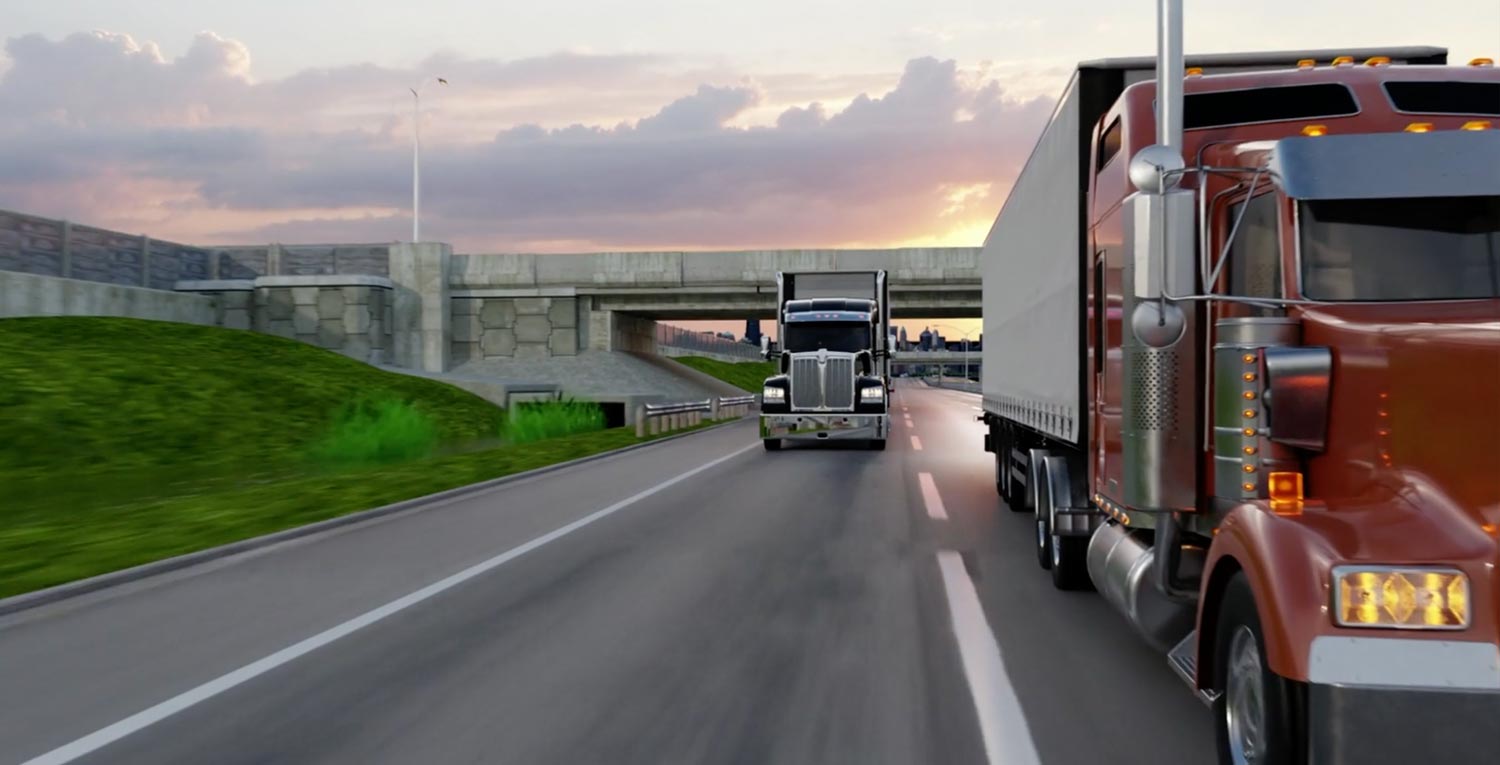
New Exploring Trucking Lifestyles
Upon completion of these materials, students will understand the different types of trucking careers and the lifestyle impacts associated with each.
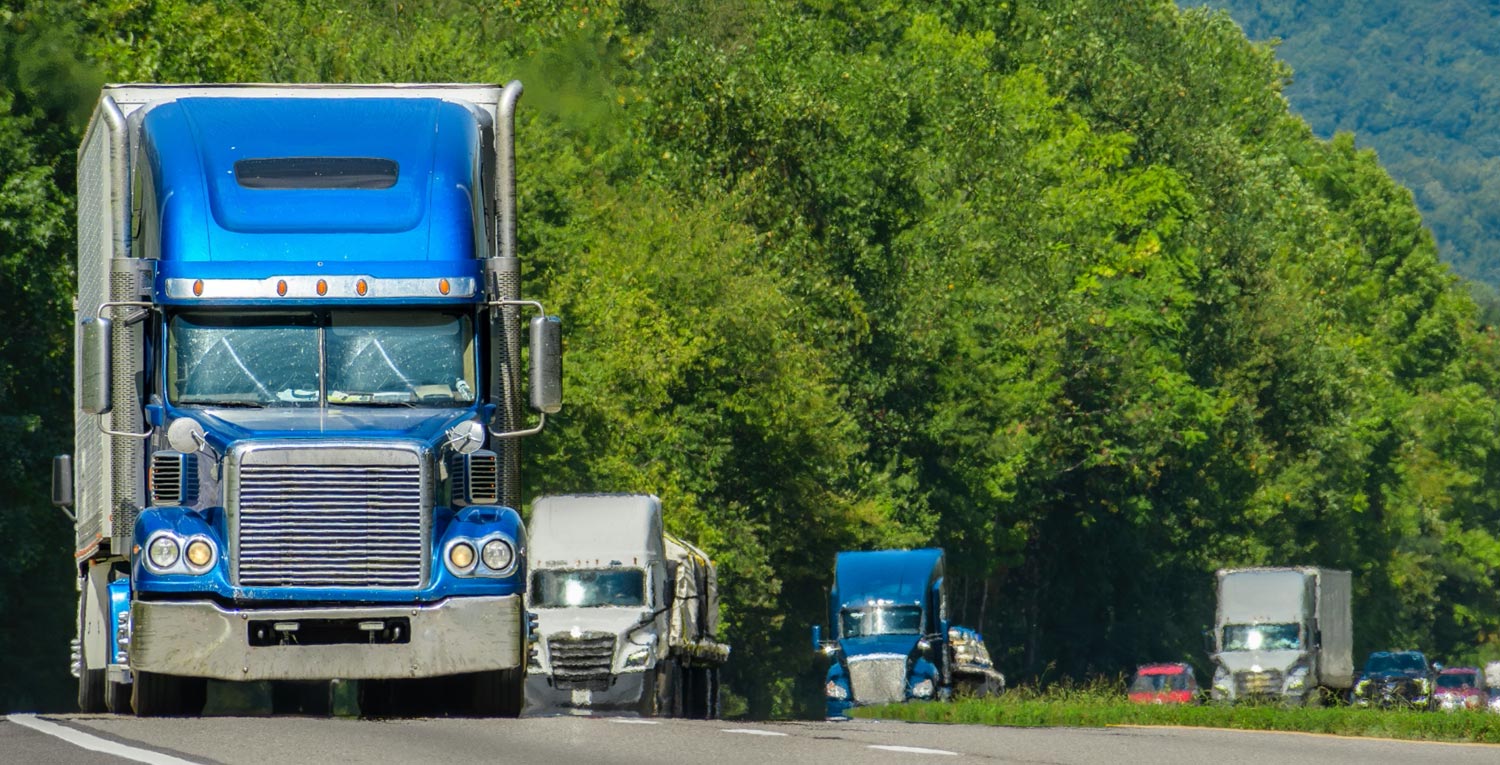
New How Truckers Get Paid
Upon completion of these materials, students will understand the primary ways truck drivers get paid and how driver roles and common bonuses affect overall earnings.
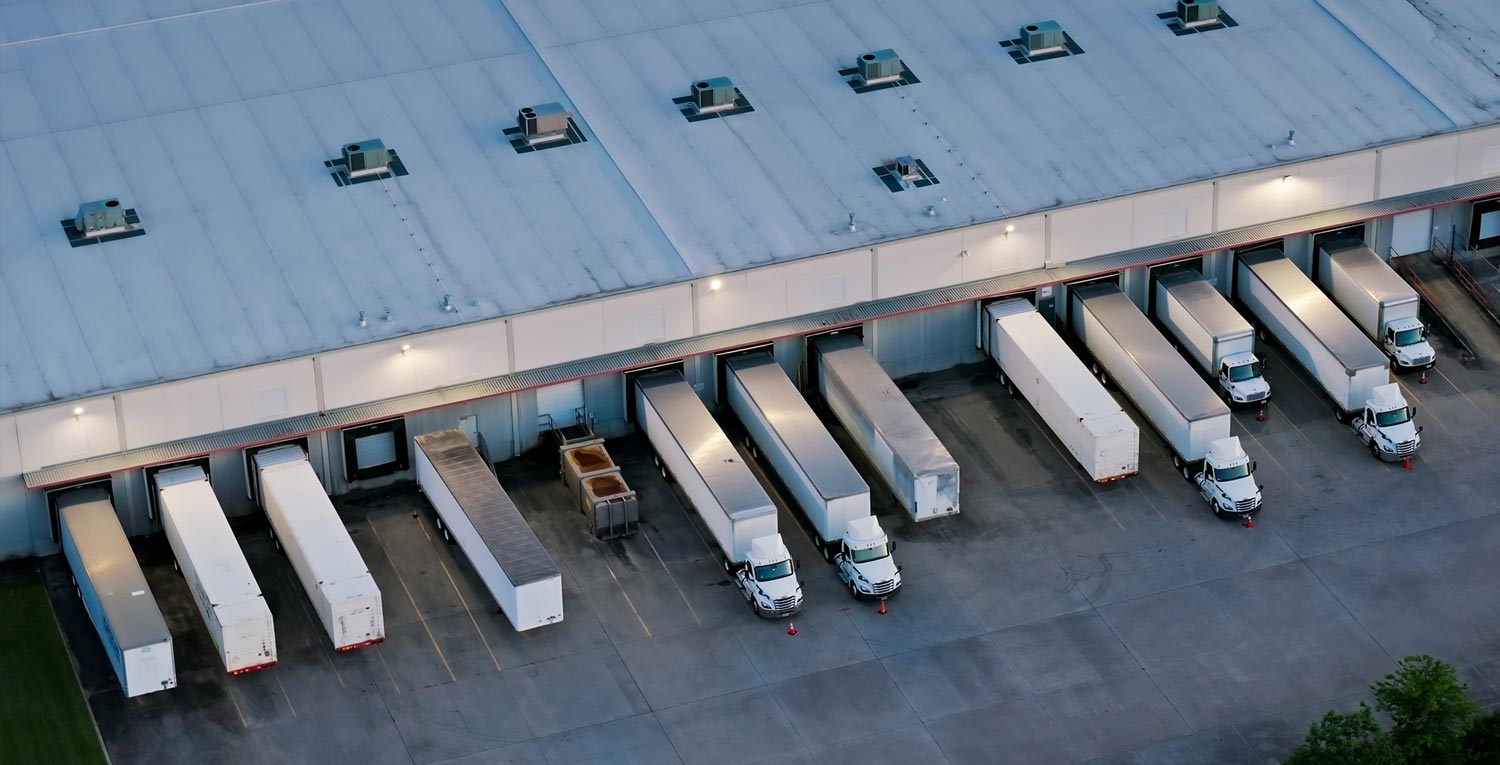
New What is a Supply Chain?
Upon completion of these materials, students will understand what a supply chain is, the steps involved, and the key roles of truck drivers and logistics.
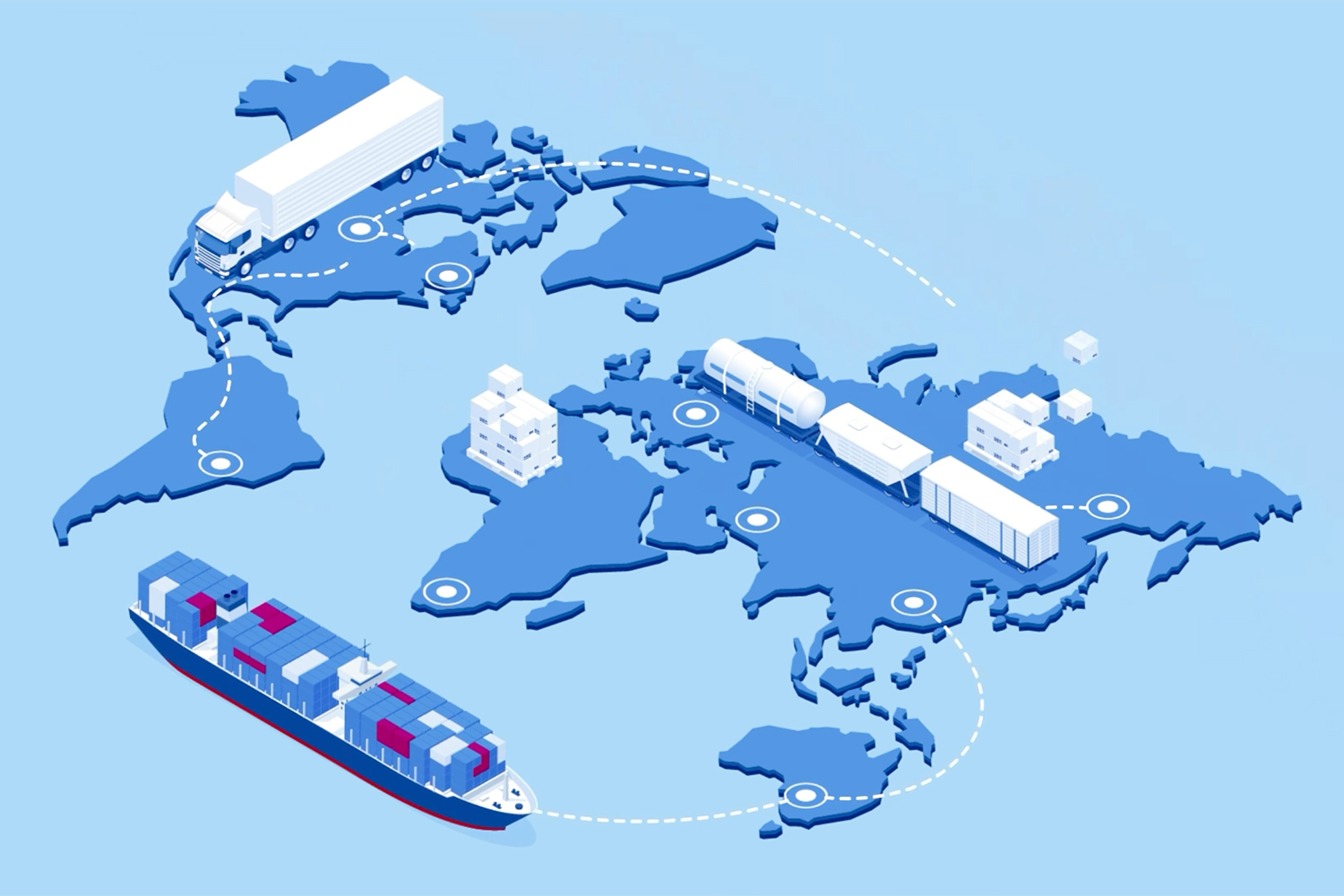
Cluster Overview: Transportation, Distribution & Logistics
Upon completion of these materials, students will know the career pathways and some corresponding occupations within the Transportation, Distribution & Logistics cluster.
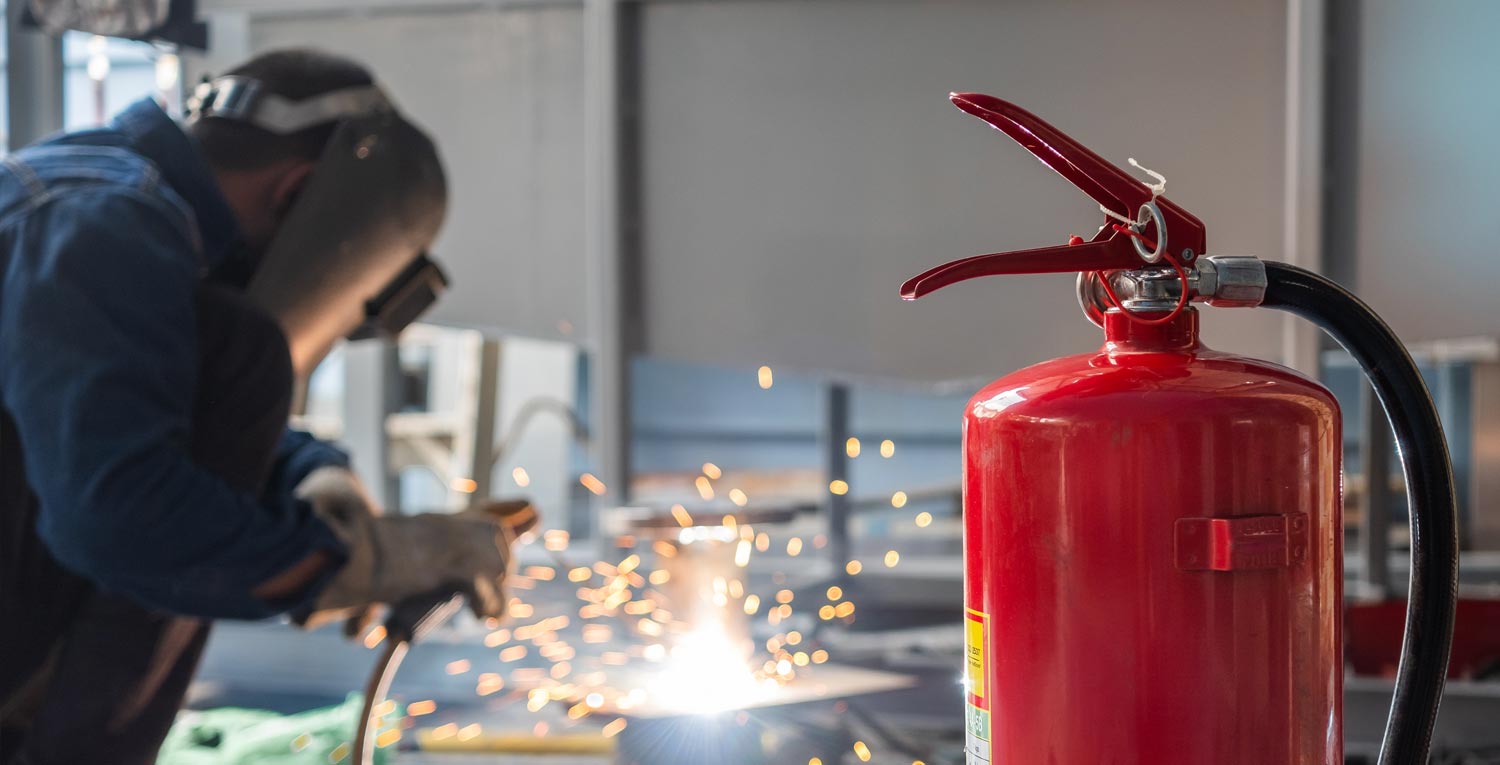
Shop and Personal Safety
Upon completion of this Shop and Personal Safety curriculum, students will develop shop safety awareness and learn basic shop safety rules.
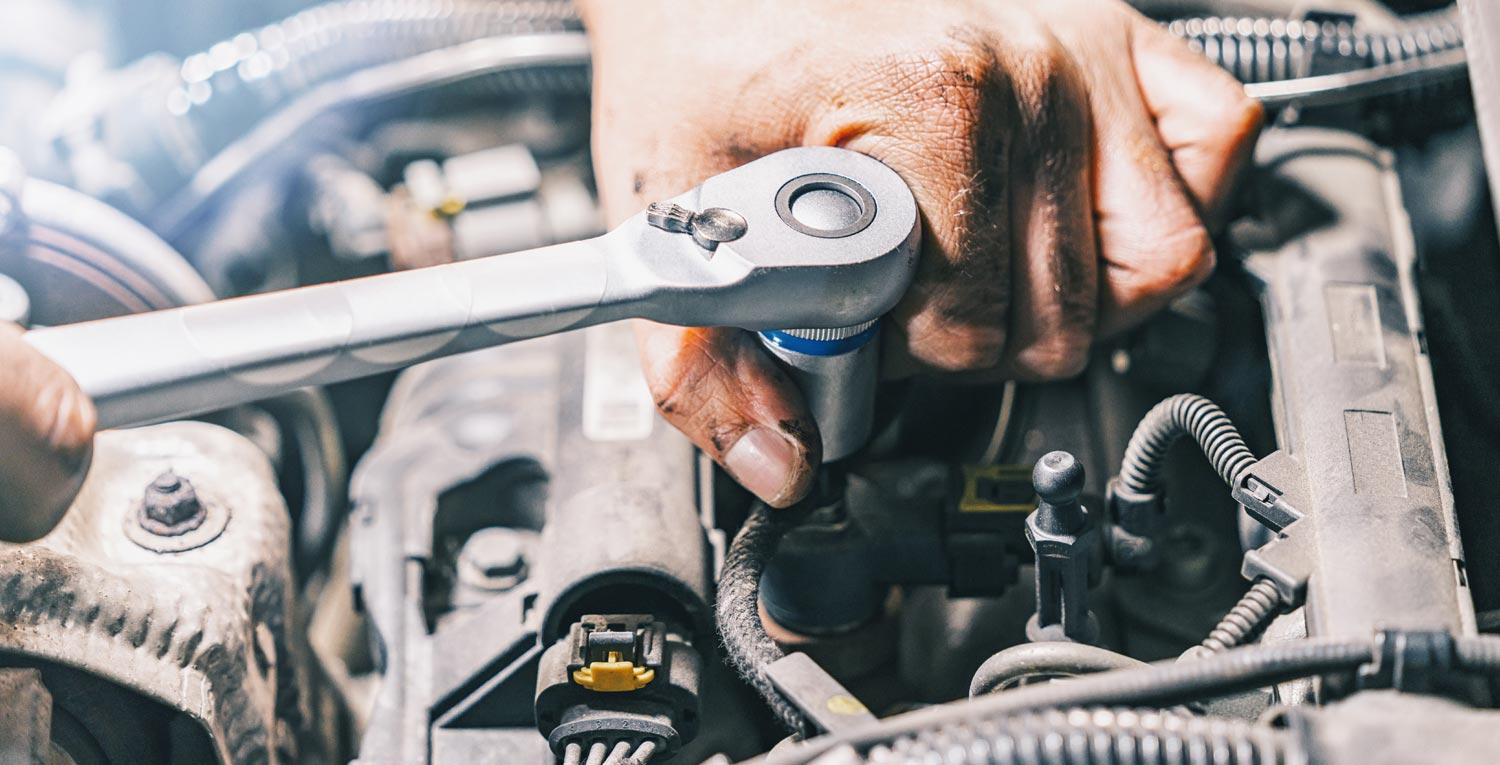
Automotive: Basic Hand Tools
Upon completion of these materials, students will know basic automotive hand tools and their function in the shop.
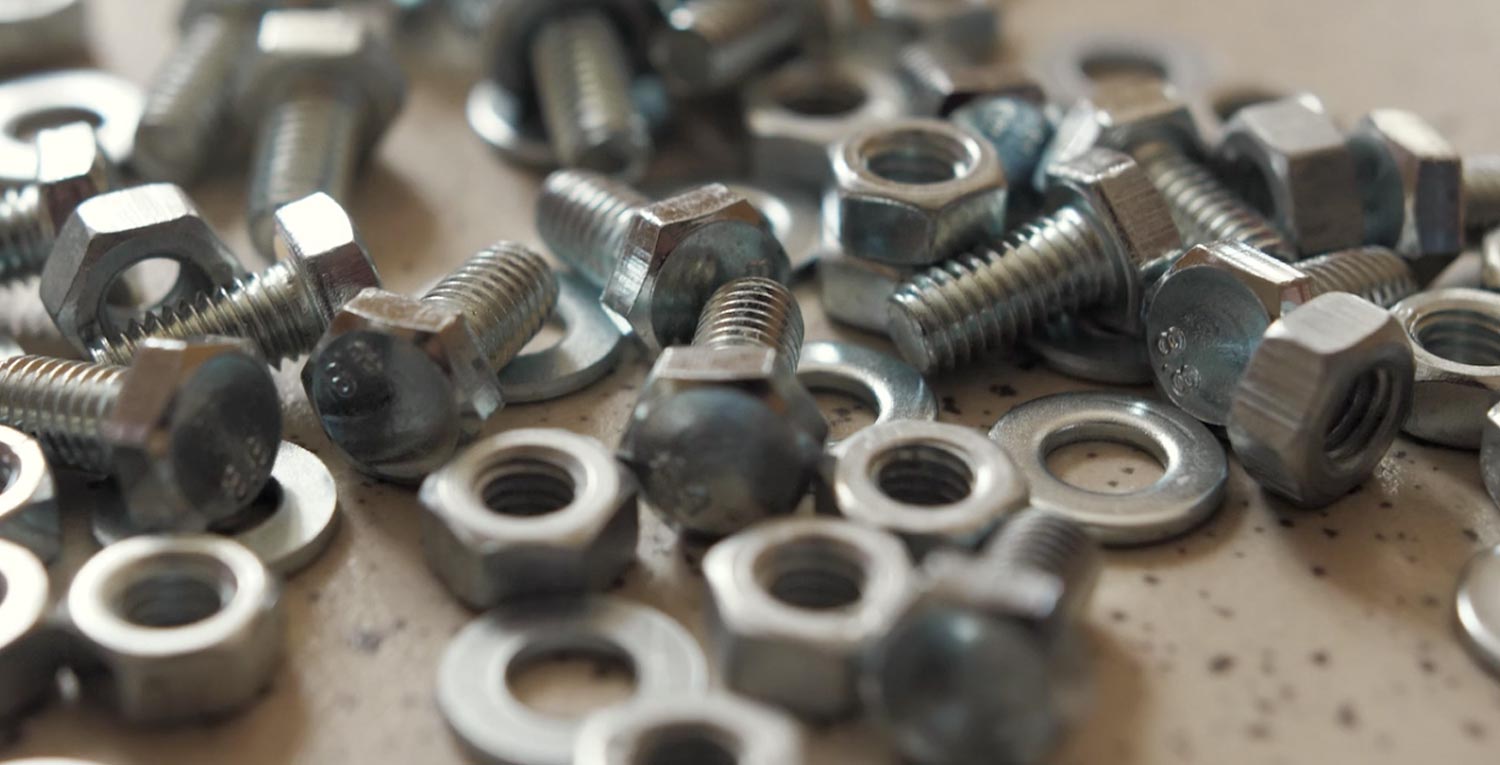
Fastening Tools
Upon completion of these materials, students will know basic fastening tools commonly used in automotive assembly.
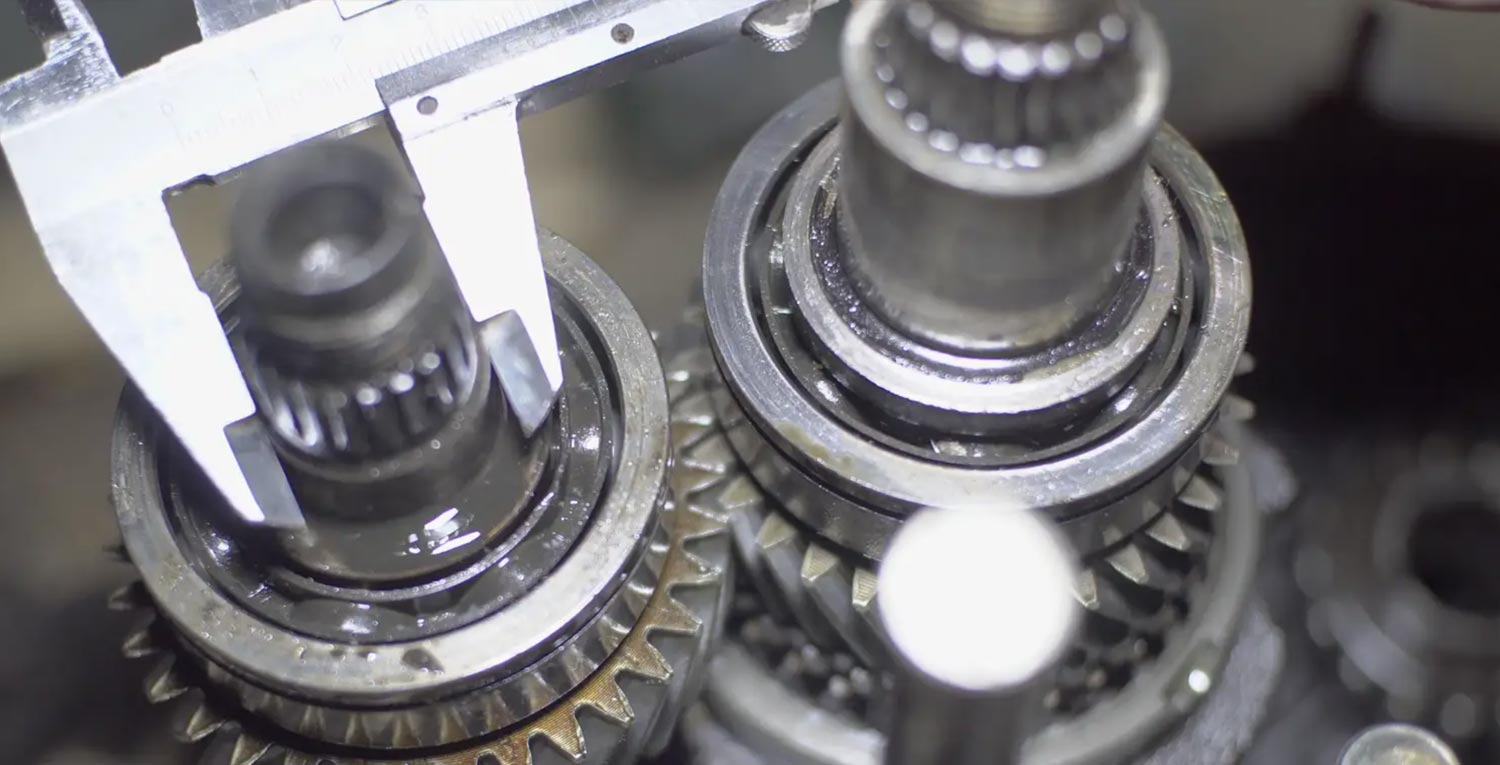
Measuring Tools
Upon completion of these materials, students will know basic automotive tools used to measure various machine parts.
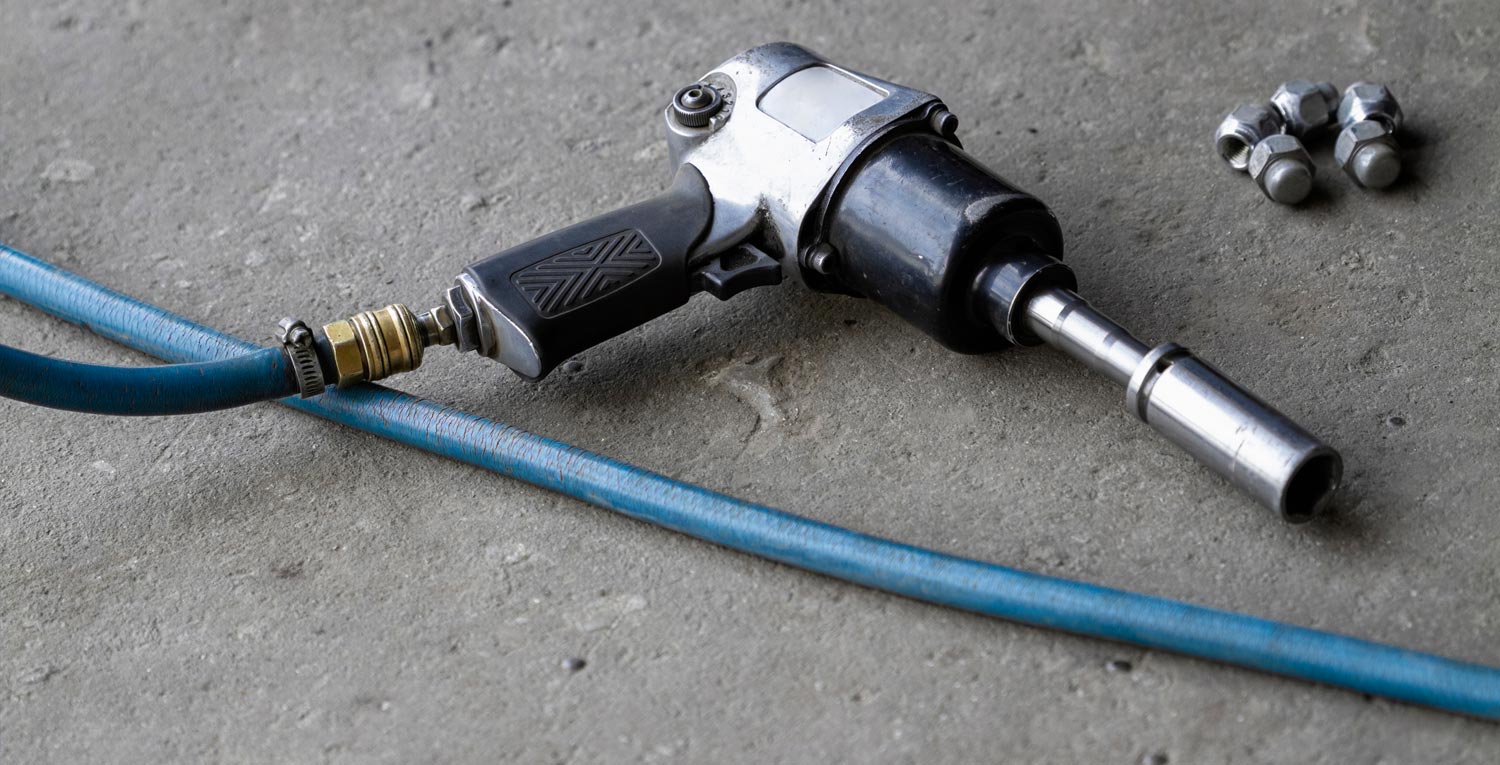
Automotive: Power Tools
Upon completion of this Power Tools curriculum, students will know some of the commonly used power tools in the automotive industry including the four main power sources.
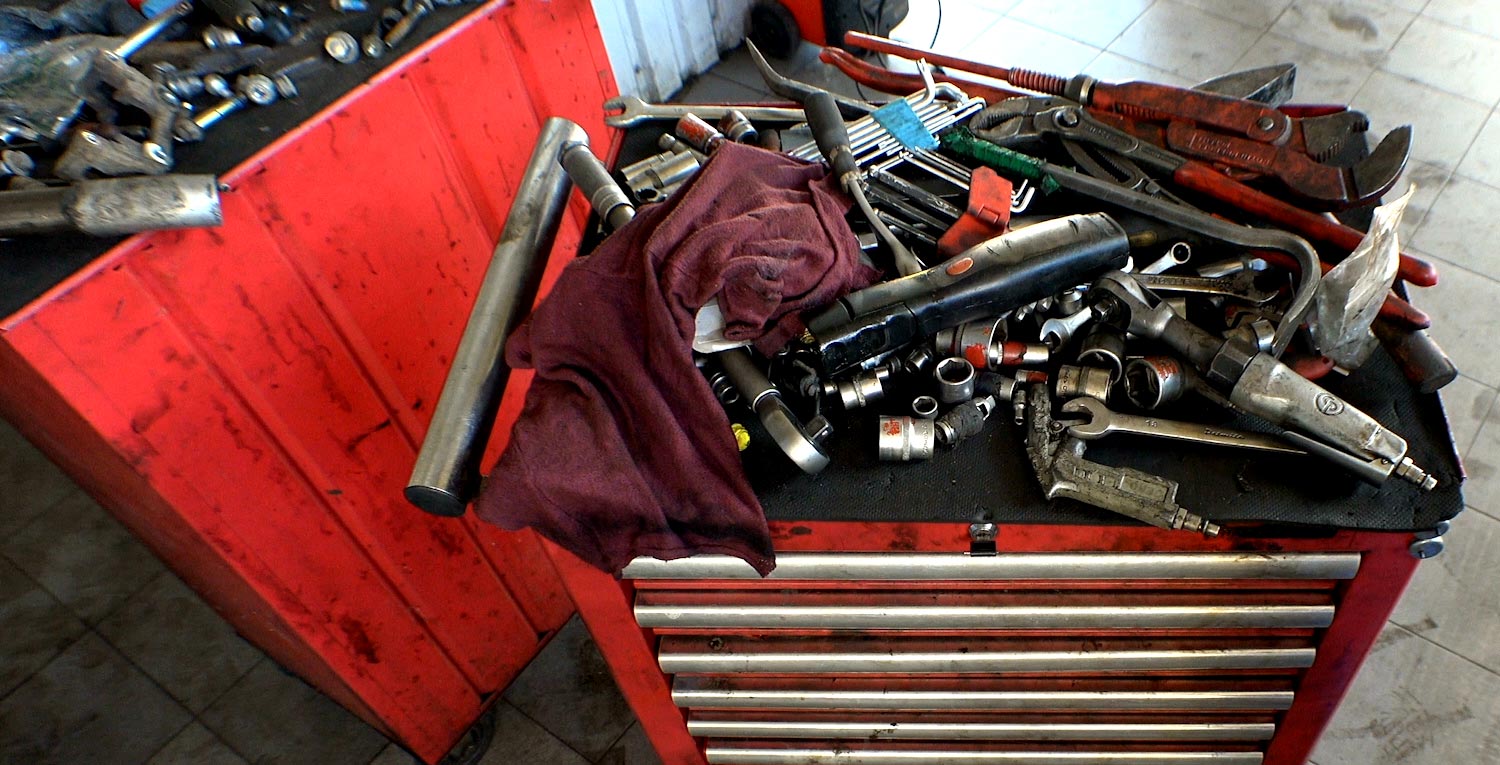
Specialty Tools
Upon completion of this Specialty Tools curriculum, students will know some of the basic automotive tools and equipment that are designed for specific tasks.
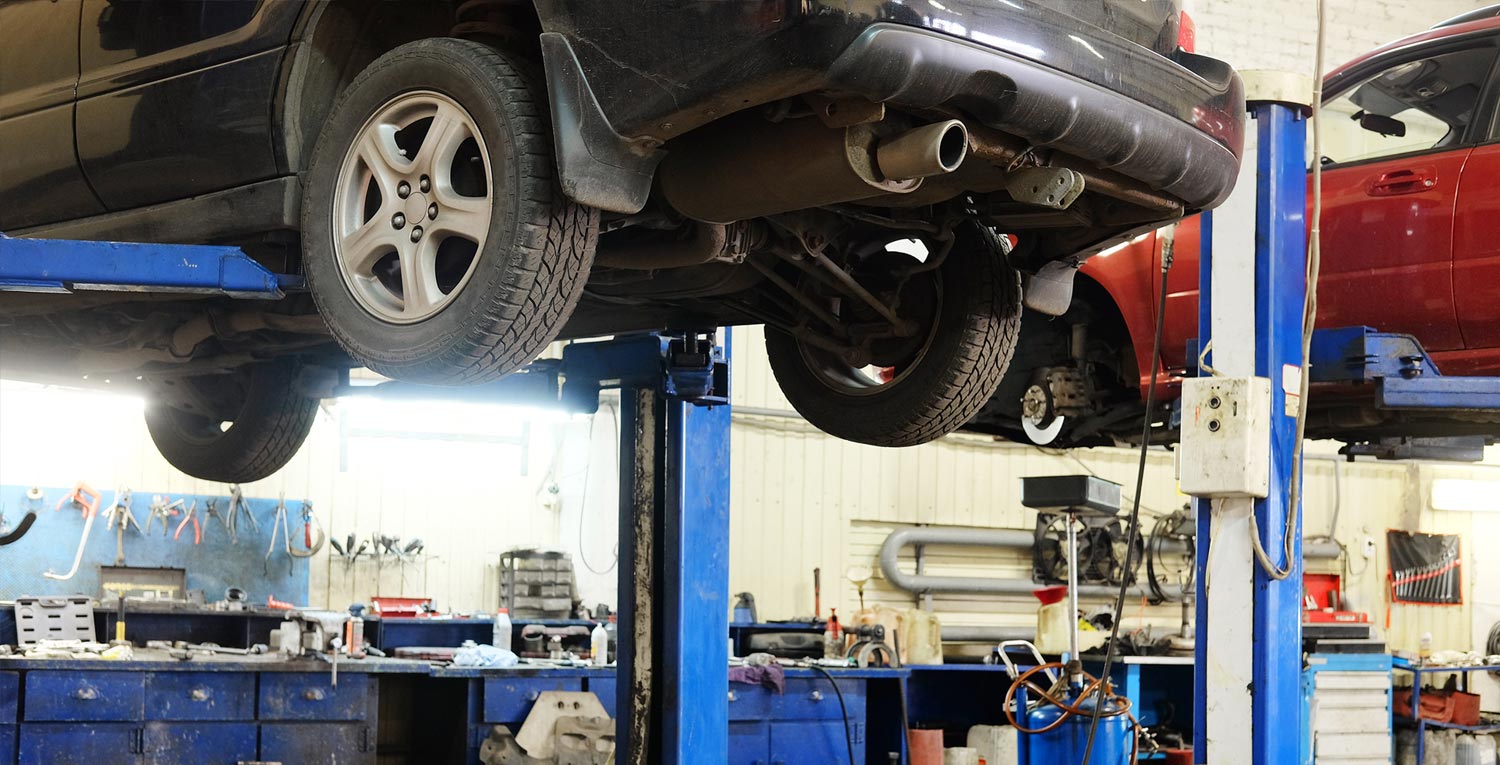
Shop Equipment
Upon completion of this Shop Equipment curriculum, students will know some of the basic electrical, pneumatic, and hydraulic automotive shop equipment.

Motor Oil
Upon completion of these materials, students will understand the basics of motor oil, oil change intervals and the steps necessary to perform an oil change.

Brakes
Upon completion of these materials, students will understand the how brake systems work, the different types of brake fluid, and the steps involved in a brake inspection service.

Wheels and Tires
Upon completion of these materials, students will understand the basics of automobile wheels and tires, including the history, fundamentals, diagnostics, and maintenance.
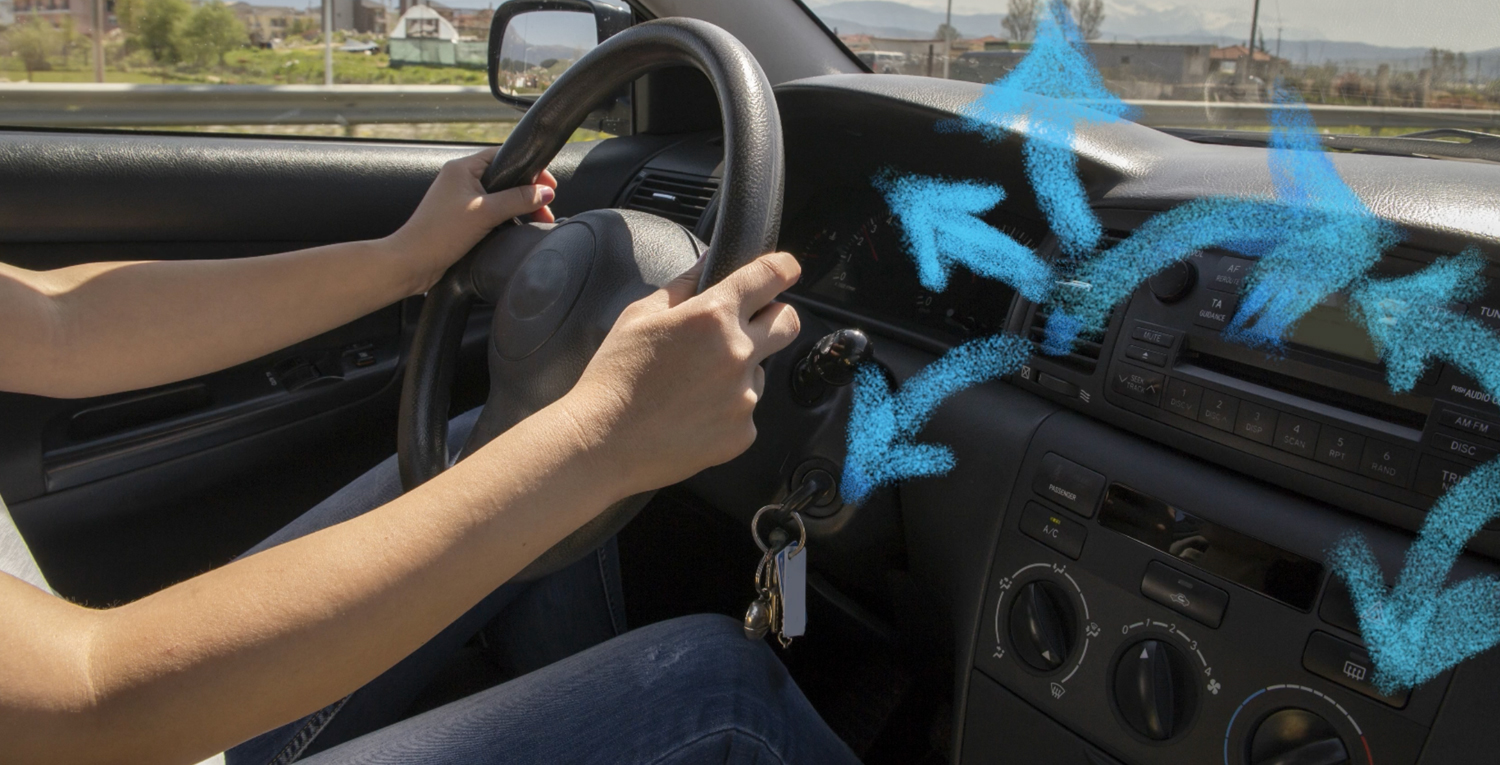
Automotive HVAC Systems
Upon completion of these materials, students will know the basic systems within Automotive Heating, Ventilation, and Air Conditioning.
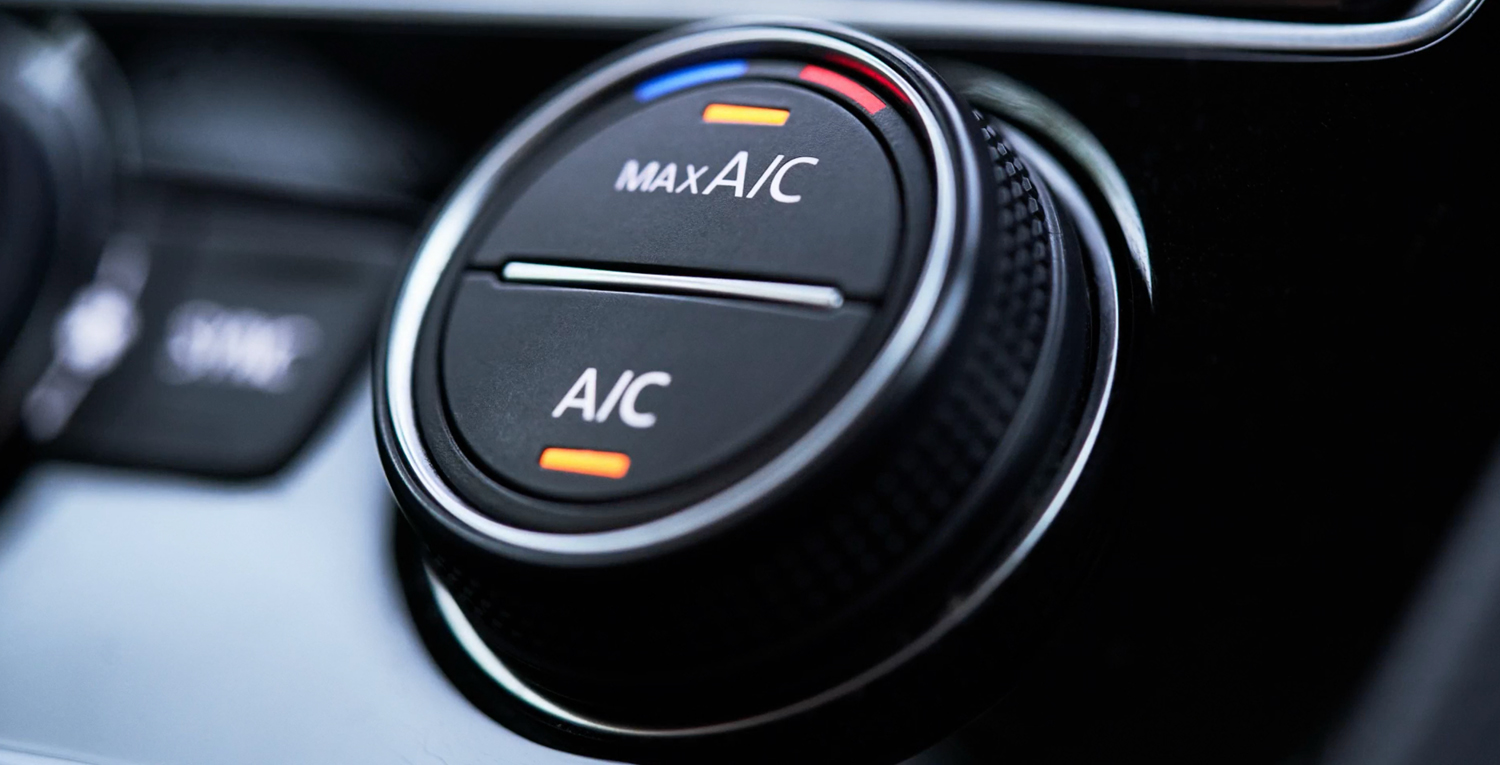
Automotive HVAC Controls
Upon completion of these materials, students will know the basics of HVAC system components and modes of operation.
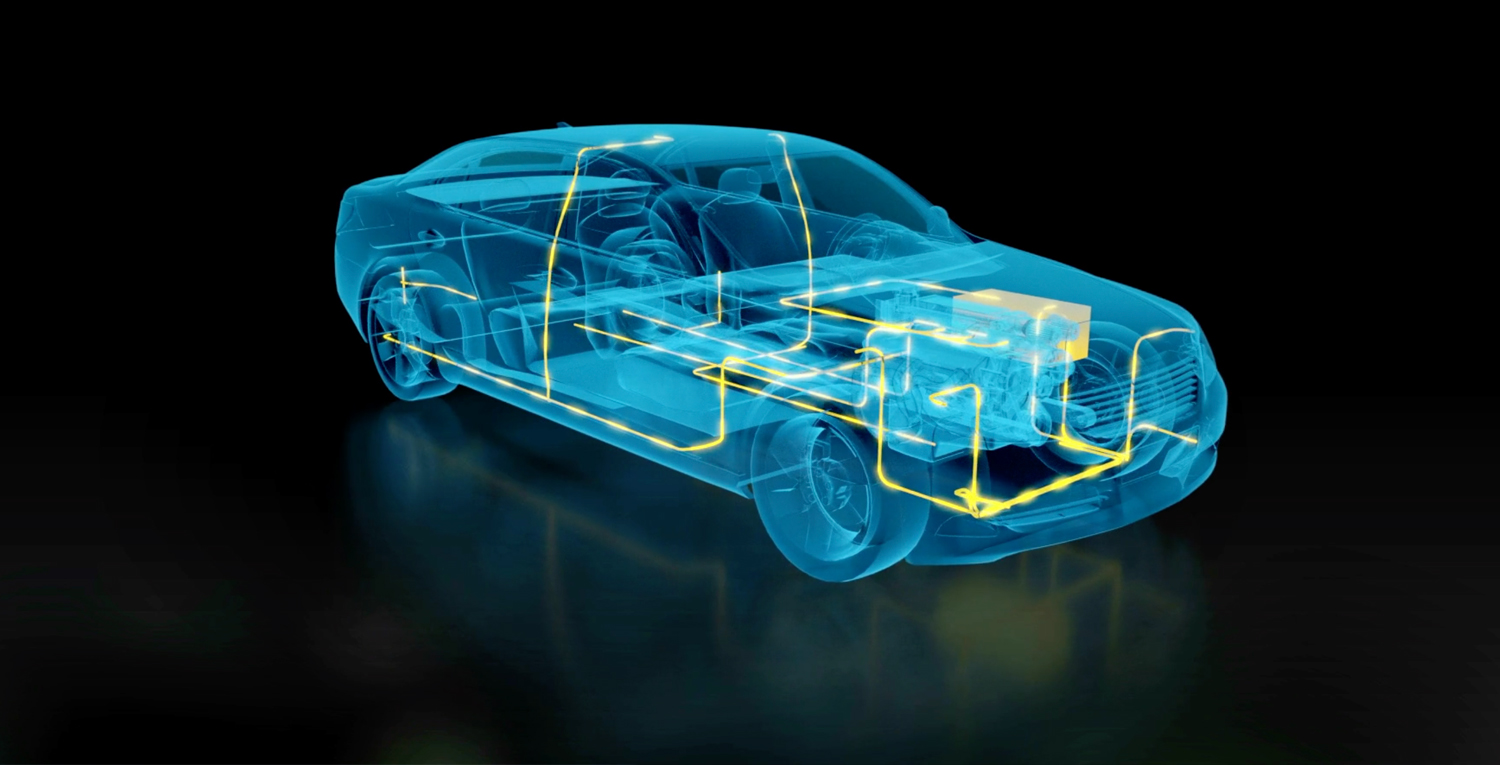
Automotive Electricals: Starting and Charging Systems
Upon completion of these materials, students will know the basics of the starting and charging systems and what they do.

Automotive Electricals: Lighting, Electronics, and Computer Systems
Upon completion of these materials, students will know the basics of the lighting, electrical, and computer systems in vehicles, and what they do.
Key concepts of Transportation, Distribution & Logistics condensed into a series of short instructional videos around a similar topic.
Helping your students discover, understand, and evaluate various career paths and occupations within the Transportation, Distribution & Logistics cluster that align with their personal interests, skills, and values.
Occupation Research Tools 67
MyCareerTech offers full occupation reports on 67 Occupations across the 5 Transportation, Distribution & Logistics Career Pathways.
Transportation Operations Pathway 36
Careers in the Transportation Operations pathway are really on the move! These are the people that drive or pilot the vehicles that transport people and freight. Equally important to this pathway are the support people who ensure that any cargo transport is safe, secure, and on time.
Facility and Mobile Equipment Maintenance Pathway 19
Careers in the Facility and Mobile Equipment Maintenance pathway include the maintenance, repair, and servicing of vehicles and transportation facilities, as well as the refueling of mobile equipment. All transportation relies on equipment which must function as designed, whenever needed. The people in this pathway keep the equipment and machinery running while looking for more efficient, safe, and cost-effective ways to do so.
Logistics Planning and Management Services Pathway 5
Careers in the Logistics Planning and Management Services pathway involve the planning, management and control of the physical distribution of materials, products, and people. Often, more than one mode of transportation is used as distribution efforts can be complex, even national or global. These people are responsible for the plans which will ensure that cargo arrives at the right location, on time, and in the safest, most economical manner.
Sales and Service Pathway 4
Careers in the Sales and Service pathway involve the marketing and selling of transportation services to new customers as well as the management of existing customer relationships and customer service.
Transportation Systems/Infrastructure Planning, Management and Regulation Pathway 3
Careers in the Transportation Systems/Infrastructure Planning, Management and Regulation pathway deal with all aspects of the design and operation of our public transportation systems - road, air, sea and rail. These functions are primarily the responsibility of people who are employed by federal, state and local transportation agencies. Many businesses work to assist these agencies in their efforts.
This page includes information from O*NET OnLine by the U.S. Department of Labor, Employment and Training Administration (USDOL/ETA). Used under the CC BY 4.0 license. O*NET® is a trademark of USDOL/ETA.
Advance CTE sponsors the 16 National Career Clusters Framework and career cluster definitions.
Bureau of Labor Statistics, U.S. Department of Labor, Occupational Outlook Handbook, Industries at a Glance, at bls.gov/iag/tgs/iag_index_alpha.htm (visited March 20, 2024).
